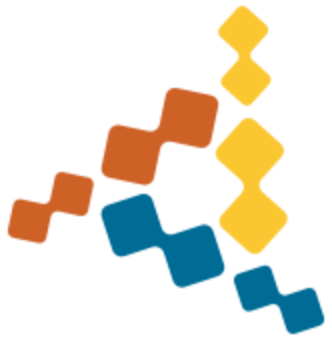Source code for past.types.olddict
"""
A dict subclass for Python 3 that behaves like Python 2's dict
Example use:
>>> from past.builtins import dict
>>> d1 = dict() # instead of {} for an empty dict
>>> d2 = dict(key1='value1', key2='value2')
The keys, values and items methods now return lists on Python 3.x and there are
methods for iterkeys, itervalues, iteritems, and viewkeys etc.
>>> for d in (d1, d2):
... assert isinstance(d.keys(), list)
... assert isinstance(d.values(), list)
... assert isinstance(d.items(), list)
"""
import sys
from past.utils import with_metaclass
_builtin_dict = dict
ver = sys.version_info[:2]
class BaseOldDict(type):
def __instancecheck__(cls, instance):
return isinstance(instance, _builtin_dict)
[docs]
class olddict(with_metaclass(BaseOldDict, _builtin_dict)):
"""
A backport of the Python 3 dict object to Py2
"""
iterkeys = _builtin_dict.keys
viewkeys = _builtin_dict.keys
[docs]
def keys(self):
return list(super(olddict, self).keys())
itervalues = _builtin_dict.values
viewvalues = _builtin_dict.values
[docs]
def values(self):
return list(super(olddict, self).values())
iteritems = _builtin_dict.items
viewitems = _builtin_dict.items
[docs]
def items(self):
return list(super(olddict, self).items())
[docs]
def has_key(self, k):
"""
D.has_key(k) -> True if D has a key k, else False
"""
return k in self
# def __new__(cls, *args, **kwargs):
# """
# dict() -> new empty dictionary
# dict(mapping) -> new dictionary initialized from a mapping object's
# (key, value) pairs
# dict(iterable) -> new dictionary initialized as if via:
# d = {}
# for k, v in iterable:
# d[k] = v
# dict(**kwargs) -> new dictionary initialized with the name=value pairs
# in the keyword argument list. For example: dict(one=1, two=2)
# """
#
# if len(args) == 0:
# return super(olddict, cls).__new__(cls)
# # Was: elif isinstance(args[0], newbytes):
# # We use type() instead of the above because we're redefining
# # this to be True for all unicode string subclasses. Warning:
# # This may render newstr un-subclassable.
# elif type(args[0]) == olddict:
# return args[0]
# # elif isinstance(args[0], _builtin_dict):
# # value = args[0]
# else:
# value = args[0]
# return super(olddict, cls).__new__(cls, value)
def __native__(self):
"""
Hook for the past.utils.native() function
"""
return super(oldbytes, self)
__all__ = ['olddict']
